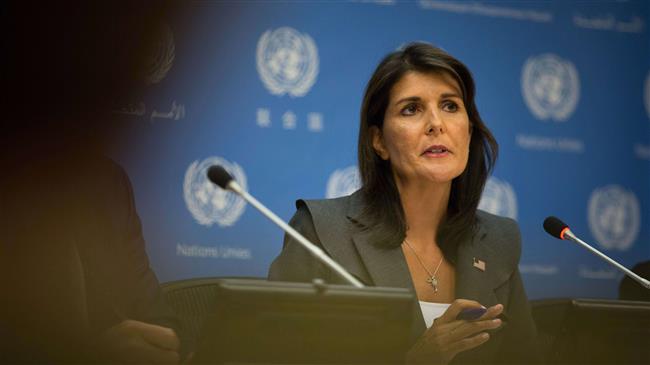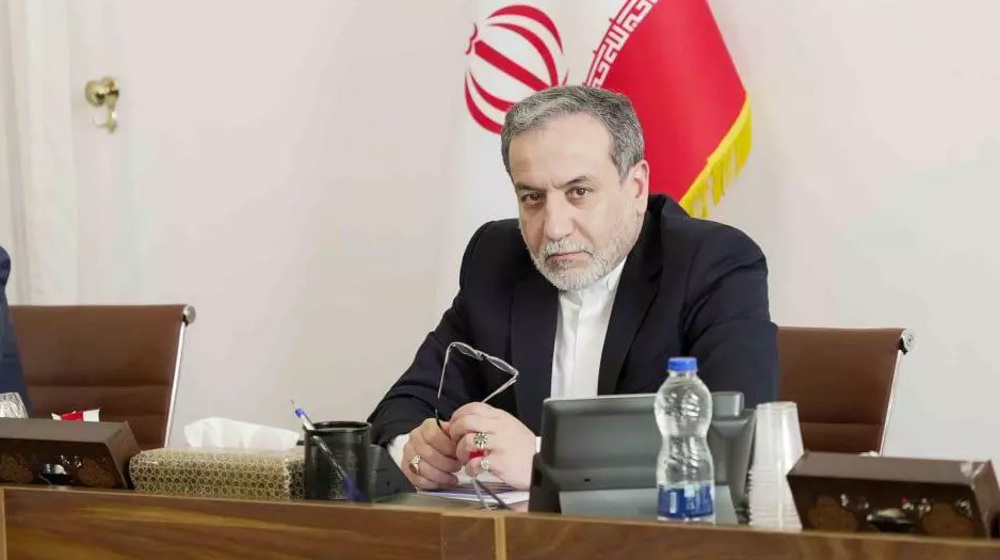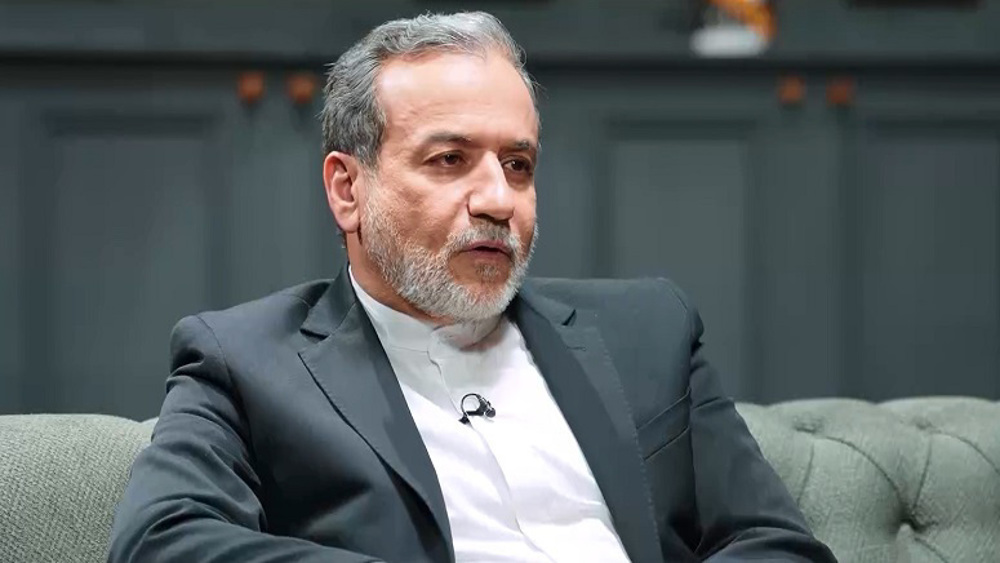‘US backs down from UNSC meeting with focus on Iran’
The US administration is reportedly distancing itself from a plan recently unveiled by its UN Ambassador Nikkie Haley to single out Iran at an upcoming UN Security Council meeting, fearing a backlash from its own allies over Washington’s exit from the 2015 nuclear deal.
Haley, using her power as the Council’s rotational president, announced on September 4 that the meeting would be chaired by President Donald Trump and would “address Iran’s violations of international law.”
Just days later, however, the US mission to the UN said the meeting would focus on a “broader range of issues” in addition to Iran.
Citing diplomats familiar with the planning, The Washington Post reported Monday that the Trump administration “is disowning” the plan presented by Ambassador Haley.
That plan prompted concerns from Washington’s allies, who believed that the Iran topic would expose sharp disagreements among the United States, France and Britain over the 2015 deal, which the US abandoned despite strong objections from the other signatories.
Washington has now chosen to address rather a general topic to avoid confronting the UK and France over the deal, the sources said.
“Trump risked a collision with the UK and France over Iran at the UN,” Richard Gowan, a senior fellow at the United Nations University, a global affairs think tank, told the paper.
British Prime Minister Theresa May and French President Emmanuel Macron “would have had no choice but to defend the nuclear deal in the Council,” he added.
“I don’t think anyone liked the idea of the president having to sit through stern defenses of the Iran deal from May and Macron. He could have got very tetchy, as he did at NATO and the G-7, or walked out of the council causing a diplomatic fuss,” Gowan added.
The meeting’s topic was reportedly also changed as it would potentially feature another clash between the US and a representative dispatched by the Islamic Republic.
The report said other American officials also expressed concerns that an article of the UN Charter would allow Iran to participate in the meeting because it is a “party to a dispute under consideration.”
Instead of leading a meeting on Iran, Trump would chair a debate on nonproliferation, constitutionalism, and sovereignty, said the diplomats.
The US left the nuclear deal, officially known as the Comprehensive Plan of Action (JCPOA), back in May, although the agreement has been ratified into a UNSC Resolution.
The withdrawal took place despite stern warnings from the other signatories -- the UK, France, Russia, China, and Germany -- as well as the UN and the European Union, who all called it pivotal to regional and international peace and security.
The UNSC meeting is considered to be the high point of the UN General Assembly’s annual gathering in New York. More than 140 world leaders are expected to deliver addresses at the annual Assembly by the end of the next week.
Malaysia working on resolution to expel Israel from United Nations
Israeli military made no territorial gain in Lebanon: Report
VIDEO | 70 Palestinians killed in Israeli strikes across Gaza Strip
US Election Day: First votes cast in New Hampshire
Nov. 4: ‘Axis of Resistance’ operations against Israeli occupation
Britons demand release of pro-Palestine activists
VIDEO | Israel's unwinnable war in Lebanon
Non-aligned nations condemn Israeli violation of Iran's sovereignty














 This makes it easy to access the Press TV website
This makes it easy to access the Press TV website